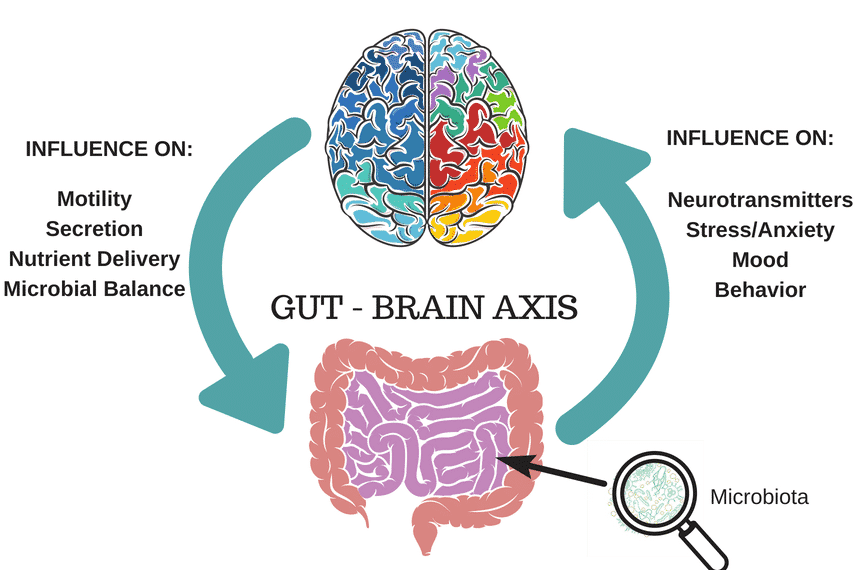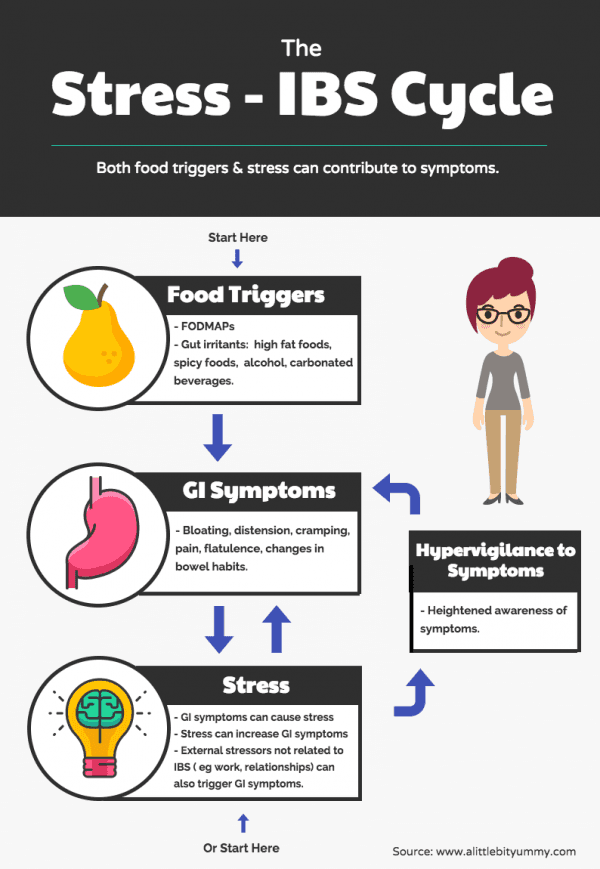IBS awareness month - "know about GUT-BRAIN AXIS"
APRIL IS OBSERVED AS IBS AWARENESS MONTH
IBS i.e. Irritable Bowel Syndrome is a common, chronic, recurrent, medically underdiagnosed illness linked to your gastro-intestinal system.
Symptoms include long standing and fluctuating tummy pain / cramps, bloating, burning / gas (dyspepsia) / excessive wind (flatulence) / excessive burping (aerophagia) and diarrhoea or constipation, or both.
It can affect all ages (adolescent to elderly) / gender (women > men).
THEME:
This IBS Awareness Month theme is Destigmatizing the Different types of IBS that include:
- IBS with constipation (IBS-C): atypical stools that are hard and lumpy or not loose and watery at least a quarter of the time.
- IBS with diarrhea (IBS-D): atypical stools that are loose, watery, and not hard or lumpy at least a quarter of the time.
- IBS with mixed bowel habits (IBS-M): atypical stools that are watery and loose about a quarter of the time, and they are hard and lumpy another quarter of the time.
- Post-infectious irritable bowel syndrome: This type happens when IBS starts after a bout of “stomach flu” or a “stomach bug” i.e. gastroenteritis.
- Post-diverticulitis IBS: happens after episodes of diverticulitis and can occur even after treatment for diverticulitis.
Have you ever had "butterflies in your stomach" ?
If yes, you already know that your mind and body is connected !!!!
Much less understood and acknowledged about this illness is that IBS has a PSYCHOLOGICAL BASE. Our GUT-BRAIN axis is influenced by the signals that go to and fro from our brains to the gut (gastro- intestinal tract).

For a holistic approach, the treatment team for IBS includes:
-a Gastroenterologist,
-a Dietician and
-a Mental Health Professional
One can try gut-directed hypnotherapy through apps like Nerva.


Comments
Post a Comment